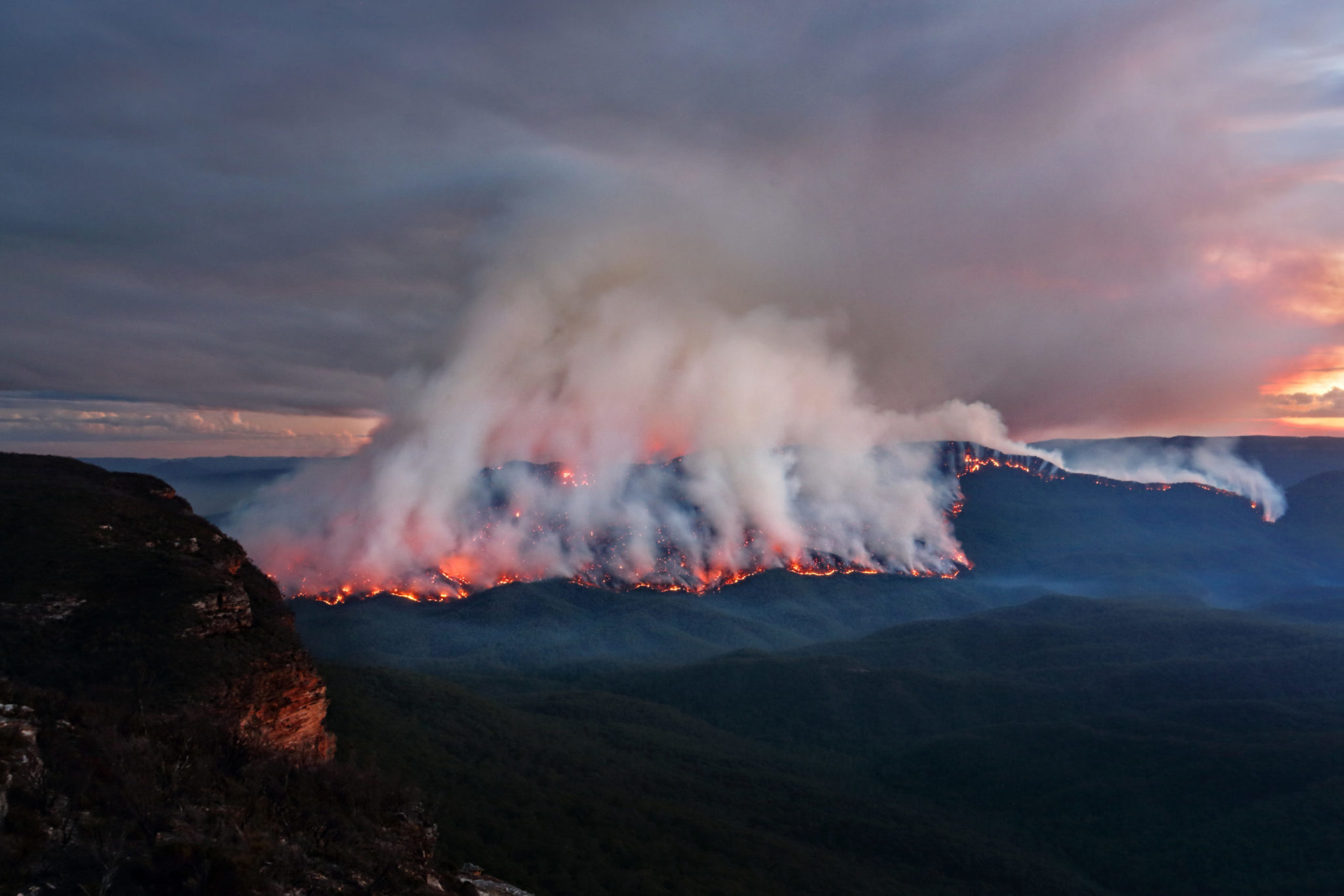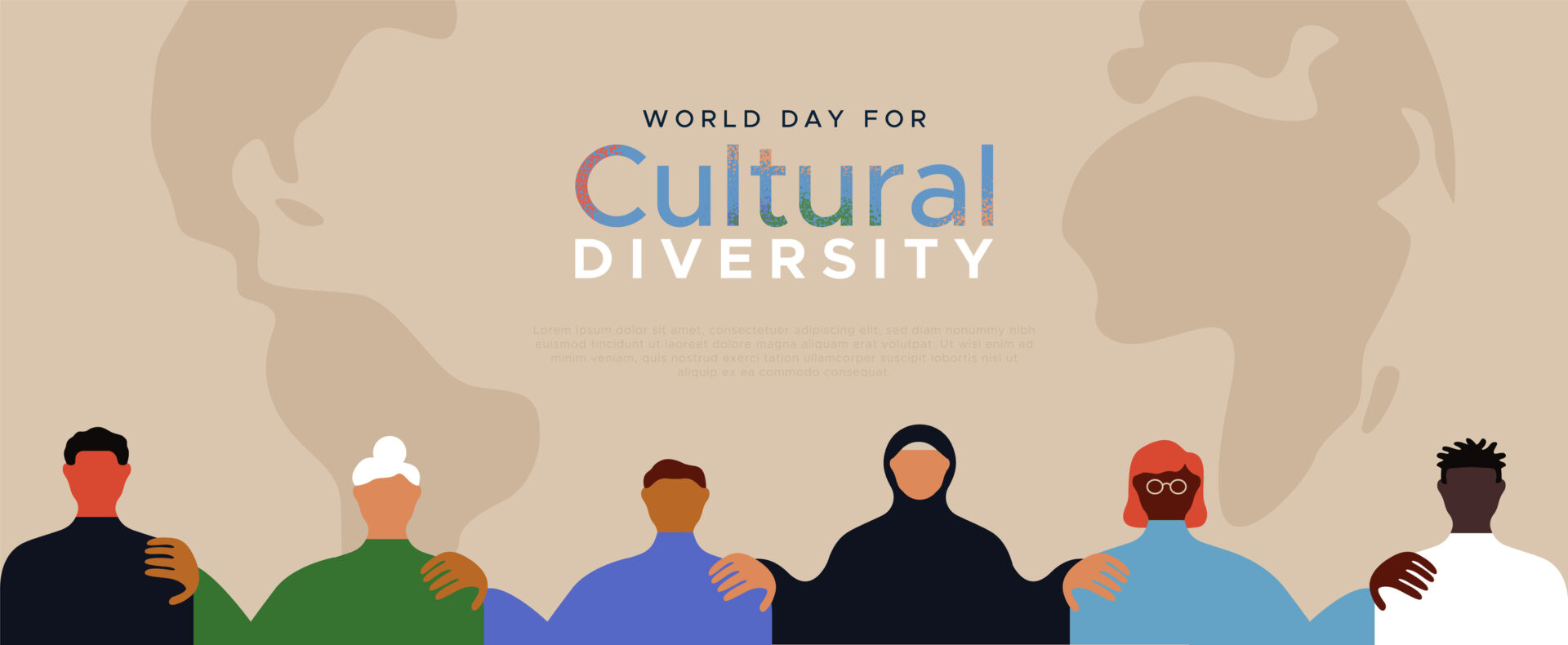It is impossible to escape coverage of Australia’s bushfires and its impact on the continents’ unique ecosystem. The descriptions are devastation and eerily similar to the fires that raged in Brazil only a few months ago. At that time, we posted on how the fires were impacting the ecosystem and the implication it had for human health and medicine in the future (check out the post here). According to media sources Australia’s bushfires are not slowing down. While bushfires are common, and necessary for ecosystem health the speed with which they are spreading is makes them a threat. The key to ending these fires is to educate the public on the negative environmental and human impacts and some ways to help combat these. Continue reading below for more on these fires and the organizations fighting them.
Effect of Bushfires on the Ecosystem
It is estimated that these fires have killed approximately 1 billion animals and displaced many more. This number is conservative. It indicates that the effects of the fires on Australias’s ecosystem will be lasting. As one of the most biodiverse countries, this is concerning. There is no information yet on the effects these fires have had on endangered species, unique to Australia. These include a number of marsupials, birds, and reptiles.
The bushfires have burned just over 12.4 million acres of Australia. Land affected includes residential areas, agricultural land, and national parks. For a comparison of how these fires amount to other notable ones the occurred in 2019, check out the diagram above from statistica.
Effect of Bushfires on Humans
So far, two dozen individuals have died in this year’s bushfires. The smoke and air toxicity will affect the health of hundreds of thousands. Bush fires cause immediate health concerns like itchy eyes, running noses, and bronchitis.
According to health officials, long term impacts on human health due to these fires might not be seen for years. Current levels of toxic air particles from bushfires can increase an individual’s chance of contracting lung disease, heart attack, strokes, and diabetes. Of course, these are more likely to occur in individuals who are already at risk for such issues.
How You Can Help
To aid in the prevention of these fires put your money where your mouth is. Donations can be made to organizations like the Australian Red Cross, GIVIT, The Salvation Army, and Australian Fire Brigades.
The World Wildlife Fund is also accepting donations. This group’s efforts provide ecological support during natural disasters. In addition, the WWF conducts research on how to better monitor bushfires and avoid repeat incidences in the future.








Leave A Comment